The views expressed in our content reflect individual perspectives and do not represent the authoritative views of the Baha'i Faith.
Here’s a story I’m not proud to tell. But I’m pretty sure the statute of limitations has expired, so I’ll relate it here, for the first time ever.
When I was a teenager, my dad worked at a Chevrolet dealership in Arizona. They occasionally needed a new car driven from Texas or Oklahoma or California, and sometimes I got the job. One day dad said “Take this pickup to the Chevy dealership in San Diego and pick up the new Corvette that’ll be waiting there. It’s already sold, so get it back here by tomorrow.”
I made it to San Diego as dusk started falling, and there, as if waiting to fulfill all of my car-addled teenage boy’s fantasies, was a brand new shiny yellow L-88 Sting Ray with five hundred and fifty horsepower, mine for a night and a day.
By the time I cleared the city lights of San Diego and found an open, empty stretch of dark highway I decided to see what that Corvette would do. So I floored it. Who wouldn’t? (Kids—don’t try this at home!)(And parents—don’t let your teenagers drive fast cars.)
Blast-off! Slammed back in my seat by fierce acceleration, I have no idea how fast I was going, because I had glued my eyes to the road ahead, scanning for slow-moving vehicles. But once I checked the rearview mirror, and I could see headlights waay back there. They weren’t fading into the distance like the other headlights, either. As I looked harder, I could just faintly see a blinking red light, too. Uh-oh.
So I slowed down, pulled over on the shoulder and stopped. It took a long time for the highway patrol to get there, but when they did, they screeched to a halt, both doors of their cruiser flew open, and I saw, much to my dismay, that they had their weapons pointed straight at me.
“Out of the car!” They yelled. So I stepped out, and stupidly, reflexively reached into my back pocket to get out my license. Dumb. “Freeze!!” both cops screamed. I could see the index finger of the closest cop trembling on the trigger. Needless to say, I immediately froze, scared almost to death.
Long story short: they had a report of an armed suspect in a stolen Corvette, saw mine blasting down the highway, took off in hot pursuit. After we got my (relative) innocence established, the itchy trigger-finger cop said “Lucky I didn’t put a hole in ya. How fast were you going, anyway? Our speedo said 140 and your taillights kept getting smaller.” Probably a little embarrassed about their amped-up over-reaction, they wrote me a ticket for 105 mph in a 70 mph zone, said they were sorry and let me go.
The next day, back in Arizona but still a little shaken up by my near-deadly encounter, I told a black friend of mine about it.
“Oh, man,” he said, shaking his head in disbelief, “They apologized?! Those cops didn’t shoot you because you’re white! Good thing that wasn’t me driving—I’d be dead.” Then my friend told me about his cousin, killed by the police while trying to pull his wallet out of a back pocket during a traffic stop three years before. “We thought he was going for a gun,” the cops said later—but he had no gun.
The minute my friend told me I knew it was true, and a huge, never-before-imagined awareness opened up in front of me. I realized how privileged my white skin had made me in the eyes of those white cops. They probably gave me the racially-biased benefit of the doubt, at least in that one crucial split-second, and I lived. Had my black friend been driving, they might have made different assumptions.
Do you remember the tragic case of Amadou Diallo? An unarmed black man in New York, he reached for his wallet and was killed by 41 shots from police weapons. Did those cops wake up that morning thinking “I want to shoot an innocent black guy today?” Highly doubtful. Did they overreact? In hindsight, yes. Were they convicted? No, all four were acquitted. Was it racism or fear that caused the over-reaction? My friend whose cousin died would probably answer “What’s the difference?”
A cop told me an old piece of standard police wisdom once: Better tried by twelve than carried by six.
Don’t get me wrong—most cops deserve our respect and gratitude. People who do police work put their lives on the line every day. Most of them take that risk to uphold the rule of law and to protect the innocent. Many of the members of our police forces have learned tremendously-sophisticated skills for defusing and de-escalating dangerous situations. But some of those in authority—inexperienced, or sleep-deprived, or made cynical or hardened or even violent by their work, or operating on prejudiced fear-based racial assumptions–instead wind up escalating and then injuring or even killing the people they’re charged with protecting. They follow that old 12/6 maxim, and they shoot. Those unexamined, unacknowledged fear-based racial prejudices kill people.
In the perilous racial divide we face in America—and in many other parts of the world—that split-second decision on the part of a police officer can turn into a calamity. Soon the calamity of someone’s undeserved death becomes a societal crisis. Then, predictably, the public debate about the crisis immediately polarizes along racial and political lines. White people who think of the justice system and the police as mostly fair and unbiased support the cops. Black people, whose bad experiences with the justice system and the cops lead them to believe otherwise, are outraged that yet again, the system protects its own and disregards the lives of the ones they love.
When that polarized debate occurs, people scream at each other but often don’t hear each other, which only further widens our perilous racial divide:
One of the great reasons of separation is color. Look how this prejudice has power in America, for instance. See how they hate one another! Animals do not quarrel because of their color! Surely man who is so much higher in creation, should not be lower than the animals. Think over this. What ignorance exists! White doves do not quarrel with blue doves because of their color, but white men fight with dark-colored men. This racial prejudice is the worst of all. – Abdu’l-Baha, Abdu’l-Baha in London, p. 55.
What can we do to address these racial prejudices and fears? First—we can arm ourselves with the facts. Tune in tomorrow when we look into the realities of race versus the fear-generated perceptions.


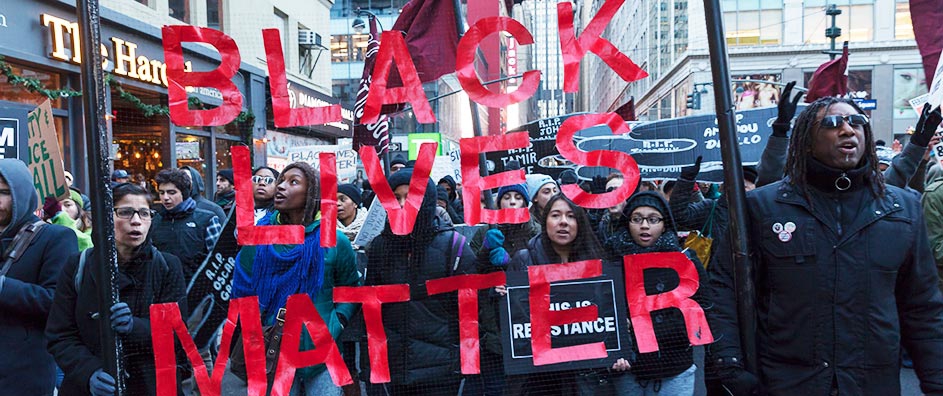
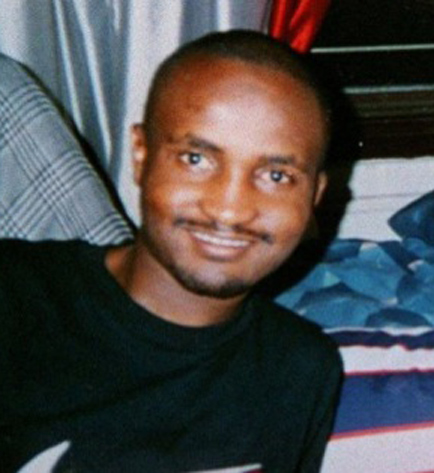

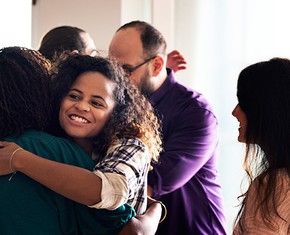
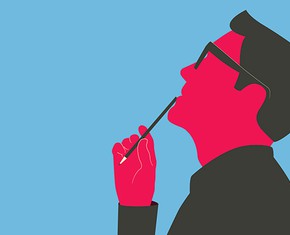
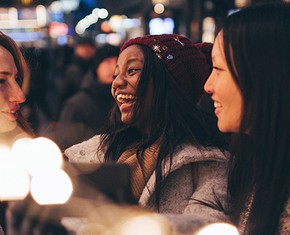









Comments
Sign in or create an account
Continue with Googleor